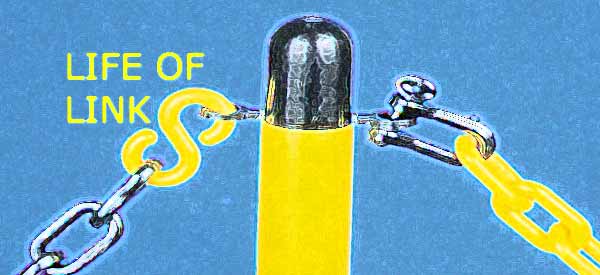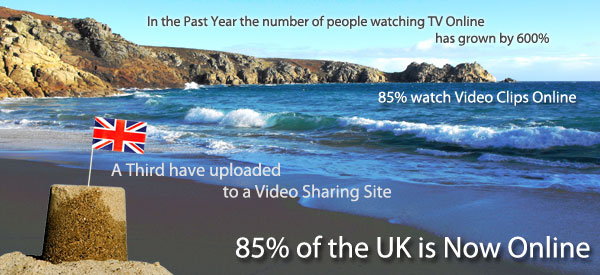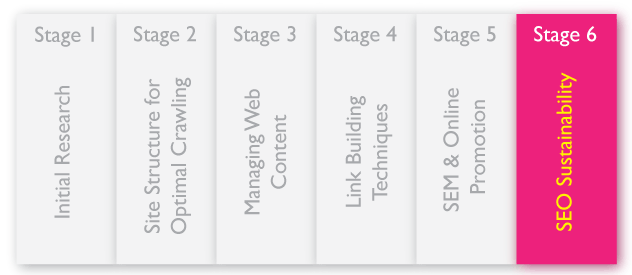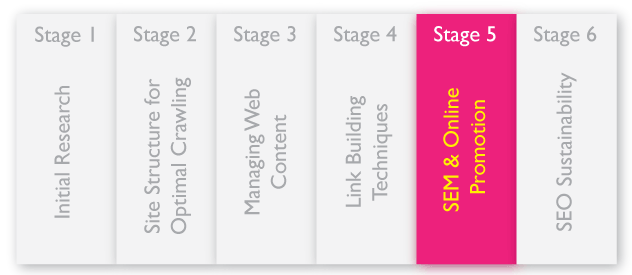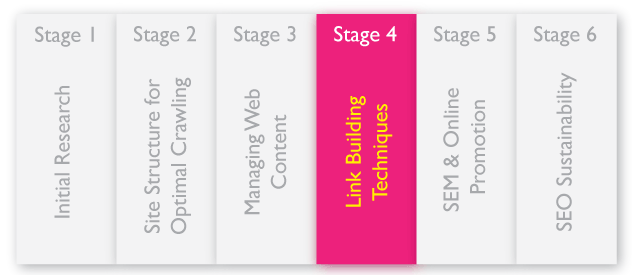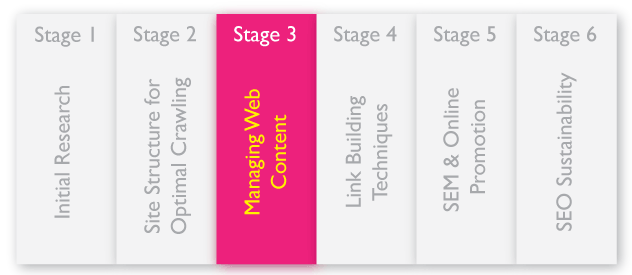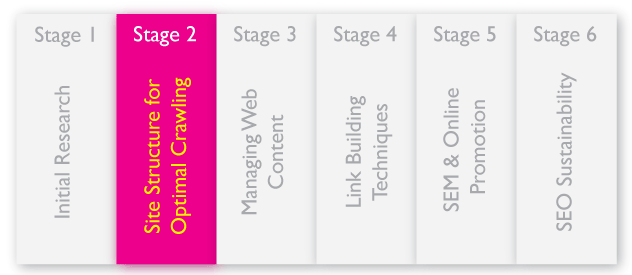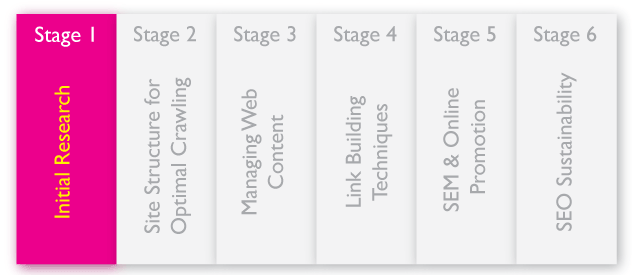
A forum represents an online community; a collection of thoughts, views and ideas. Online forums are often overlooked in favour of its trendy counterpart: social media. The forum is a powerful business tool and is definitely here to stay.
Forums are everywhere and for everyone. Even the most specialised niches will be represented on a forum somewhere.
To really get the most out of forums I would first advise getting a basic plan in place.
• Research your target market
• Formulate a list of all relevant forums
• Whittle down your list, leaving the forums with either the higher page rank or the best following
A small amount of market research will have you ready to get posting in no time at all. Start off by targeting five forums from the top of your list.
Time and effort are the required input to reap the benefits of your chosen forums.
Long gone are the days where you could just sign up to any forum and start posting links back to your online resources. Most forums these days will require you to make a minimum of posts before you can add a linked signature or use URL links within your posts.
The first stage is to build up a reputation on all the forums. Be polite, friendly, amusing and helpful. Try to make regular posts to help establish your position within the forum. This process will help you gain the trust of the other forum users.
Remember that you have chosen your list of top forums on the premise that this is your area of expertise. Play to your strong points and always try and go that little bit further to help the online community. Forums are a great place to not only spread the word about your online wares but also to learn the latest news within your specific sector.
Share Your Knowledge
If you have some gems of wisdom about your subject, share it. The age of guarding the ingredients for that secret sauce are over. If you don’t speak up and take credit for the knowledge you’ve required it won’t be long before someone else does.
Share links, tutorials and most of all personal stories. A personal story is a much more human way of transferring information. If you are able to reach the people on your chosen forum on a more emotional level this will definitely play to your favour.
Final Note
One word..Perseverance, stick at it at all costs. Set aside an hour a day, an hour a week whatever you can afford but for that period of time try and help and guide people. Get involved in all sorts of conversations just as long as you have something relevant to say.
The 3 R’s – Remember Relevancy Rules

